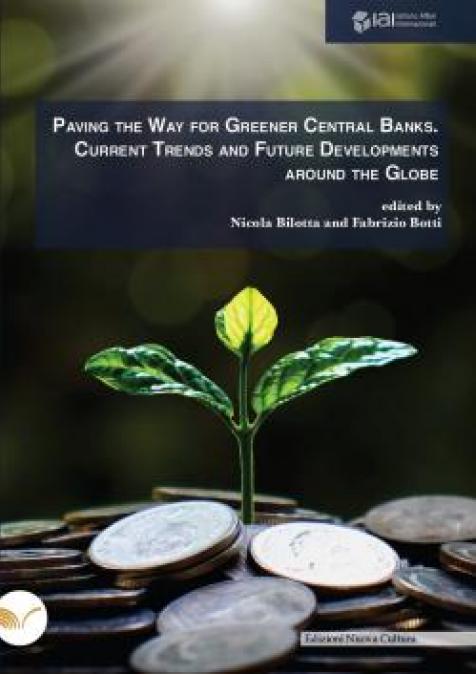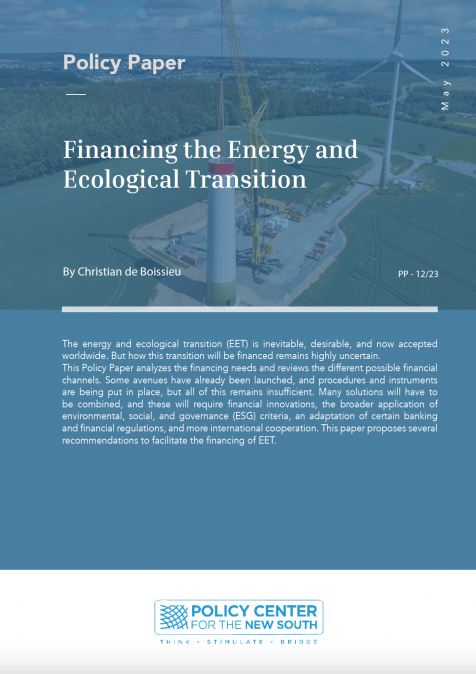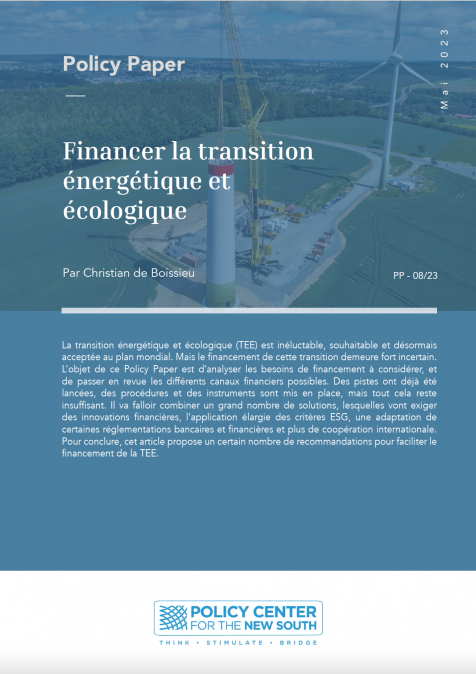Publications /
Book / Report
Climate change has quickly become one of the most pressing challenges of our society. Financial actors could play a key role in supporting and fostering a shift towards a low-carbon economy. In this context, central banks could have a primary function in both tackling climate-related risks and the ones related to the transition and, potentially, proactively redirecting resources towards green initiatives. Central banks are indeed exploring how different types of climate-related risks and considerations could be incorporated into their activities. However, this effort is proceeding at a different speed and with a different geometry across the globe. This edited volume aims at shedding light on how central banks and international financial institutions are currently addressing climate change worldwide, with a focus on central banks in the European Union, the United States, Asia, Africa and Latin America, and on the potential role of the International Monetary Fund, sovereign national funds and ESG (Environment, Social and Governance) standards.









